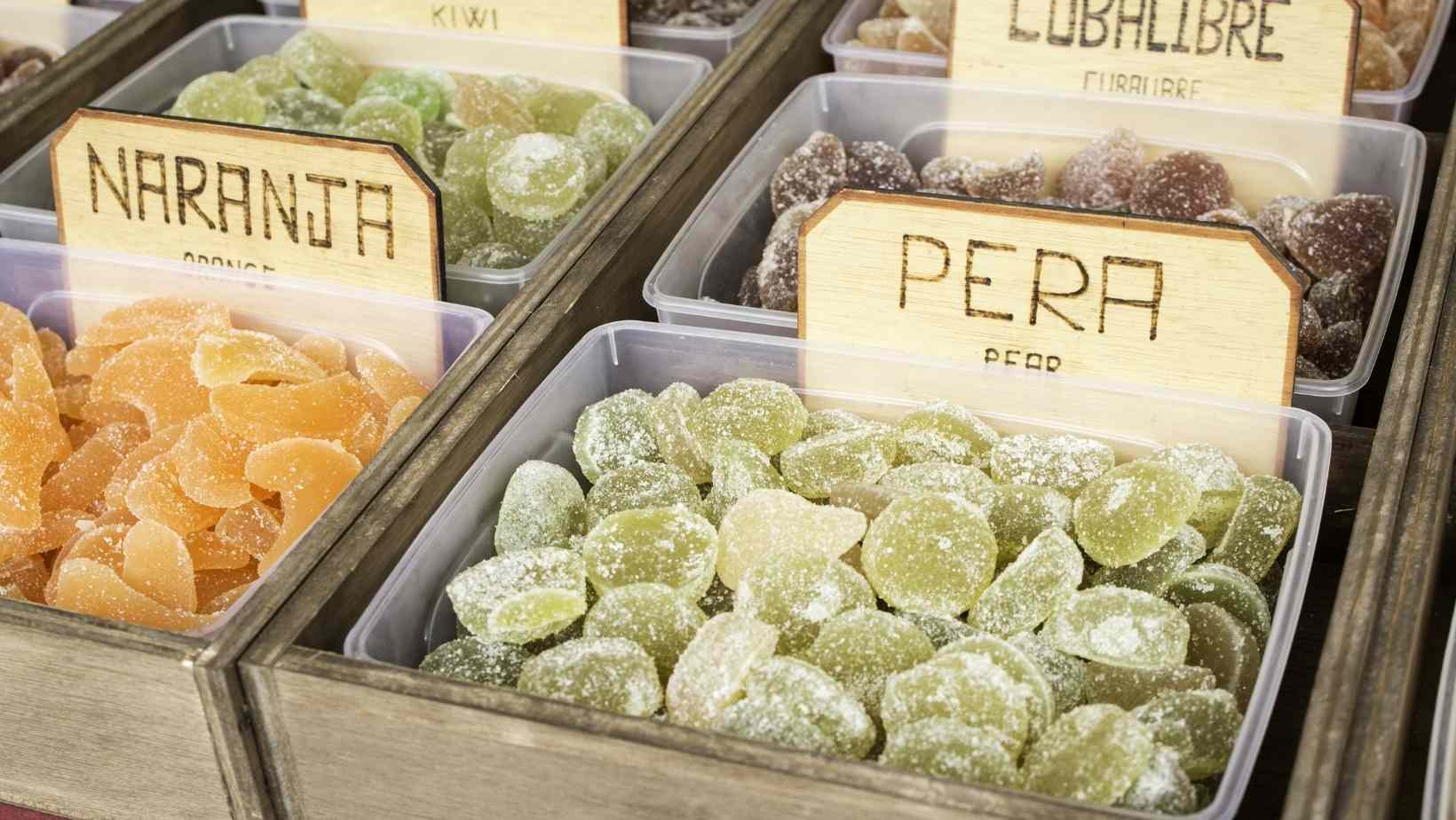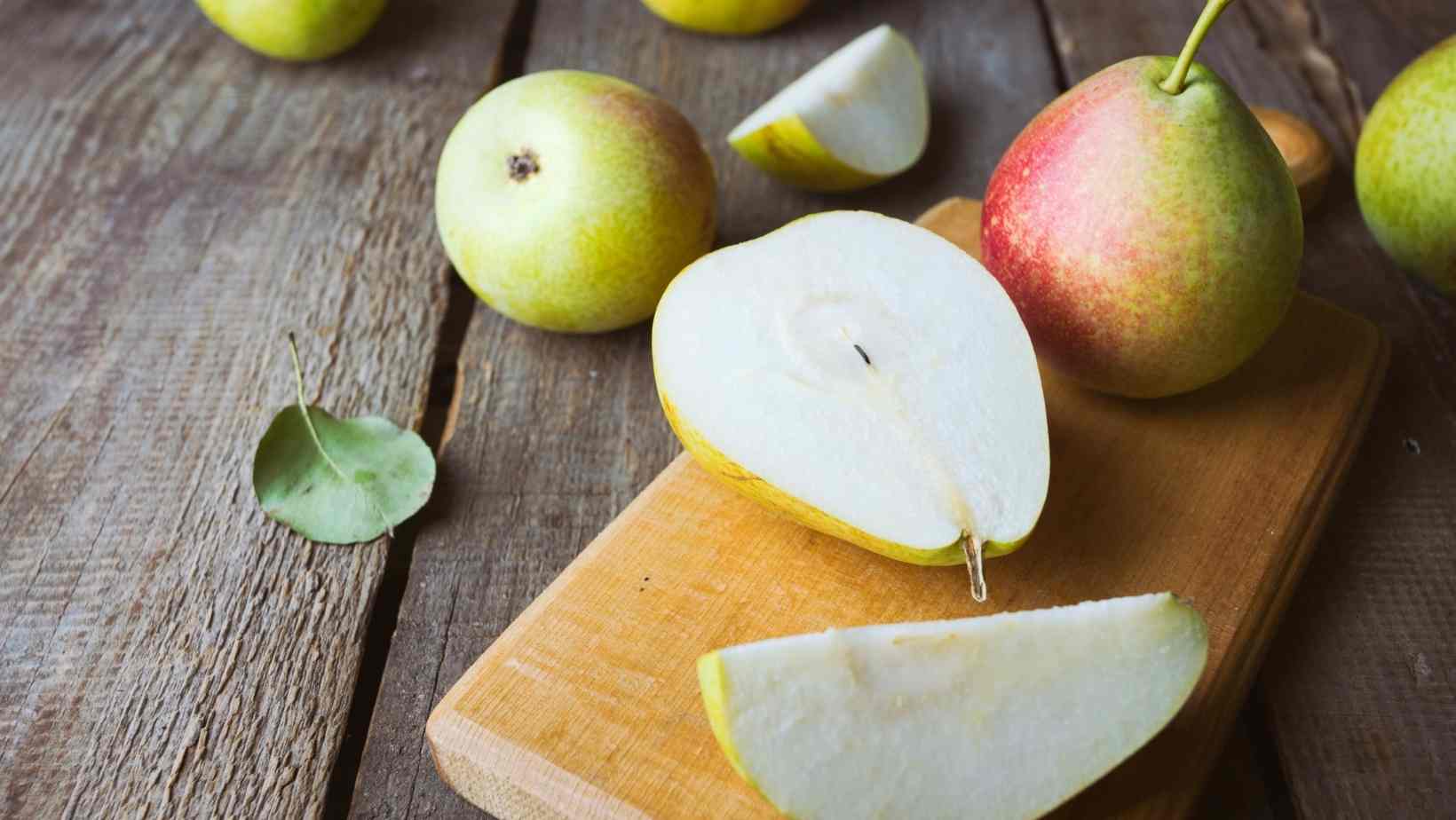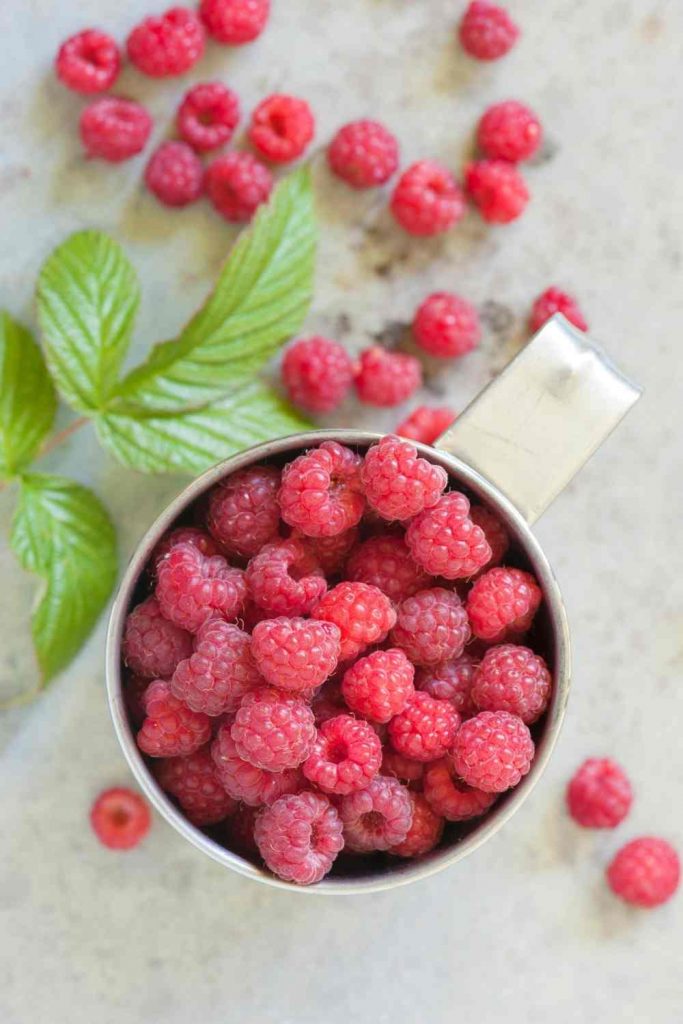Fruit is well known for being excellent for you—much better than a handful of chocolates or a slice of cake. However, certain fruits have greater sugar content, which doesn't always imply you should avoid them; it's just something to keep in mind while eating them.
First and foremost, the sugar in fruit is natural sugar, no added sugar, which you should be concerned about (and which may be found in sweets, soft drinks, juices, baked goods, ice cream, and other foods). A representative for the Academy of Nutrition and Dietetics, Nancy Farrell Allen, MS, RDN, states, "According to the standards, a female should consume no more than six teaspoons of added sugar per day and a male should consume no more than nine teaspoons per day. If we assume that each teaspoon contains four grams of sugar, a female should consume no more than 24 grams of added sugar per day and a man should consume no more than 36 grams of added sugar per day."

Second, although fruit contains sugar, it also contains other nutrients that you want in your diet—and, according to the Cleveland Clinic, the quantity of fiber in fruit balances the amount of sugar, reducing blood sugar increases. "I don't advise avoiding fruits; rather, savor every delicious mouthful!" adds Farrell Allen. "Fruits are high in water and low in fat (except for avocados or olives, but their fat is mainly unsaturated). Fruits are high in vitamins C, folate, vitamin A, vitamin E, and dietary fiber, among other nutrients. All of these nutrients contribute to good health by reducing the risk of diseases including heart disease, cancer, and obesity."
Jump to:
1. Mangoes
Fruit is beneficial to your health! It contains fiber as well as other nutrients that you need. However, it does contain natural sugar, and some varieties have far more than others. One mango, for example, has a staggering 46 grams of sugar, making it a poor option if you're attempting to lose weight or reduce the amount of sugar you consume daily. Perhaps savor a few slices now and keep the remainder for later.
2. Grapes
A cup of these has around 23 grams of sugar. To pay so much for something that is so simple to consume is astounding. If you cut them in half and freeze them, you may be able to consume them more slowly. They'll be waiting for you as a pleasant summer treat that will take a little longer to consume than you expect it to.
3. Cherries
They're sugary, and they have the sugar to prove it, as follows: A cup of these has 18 grams of sugar. Unless you have a huge dish full of them, it's easy to lose count of how many you've consumed. To ensure that you receive the correct amount of sugar from your snack, measure it beforehand.
4. Pears
A medium-sized pear has 17 grams of sugar. Instead of eating the entire dish, place a few slices in some low-fat yogurt or on top of a salad if you're attempting to reduce your fat consumption.

5. Watermelon
The sugar content of a medium slice of this summer delight is 17 grams. Because it has a high concentration of water, it also contains unique minerals known as electrolytes, which are just what your body needs to rehydrate after spending time outside in the sun. Just limit yourself to a slice or two.
6. Figs
The weight of two medium-sized ones is 16 grams. If you're trying to keep your sugar intake under control, try slicing a few and spreading some goat cheese on them for a protein-rich treat, or incorporate some in a sauce to give skinless chicken breasts a little zip.
7. Bananas
The sugar content of one medium banana is 14 grams. If that sounds like a lot for one serving, try slicing half of it into your morning cereal or smashing a little piece into the centre of your peanut butter sandwich instead.

8. Avocados
Not all fruits are brimming with sugary goodness, though. One avocado (yes, it is a fruit) has just 1.33 grams of sugar when eaten whole. Use it in a salad, spread it over toast, or make guacamole with it. Despite the fact that they are low in sugar, they are rich in calories, therefore it may not be wise to make them part of your everyday diet.
9. Guavas
One serving of these has 5 grams of sugar in addition to around 3 grams of fiber, which is more than you'd receive from a dish of brown rice or a piece of whole-grain bread. Guavas with the skin on can provide you with even more fiber when you include them in smoothies.
10. Raspberries
With 8 grams of fiber per cup — and only 5 grams of sugar — these are a serious fiber powerhouse. The fiber is beneficial for digestion and might help you feel fuller while consuming less calories than you would otherwise. They're the ideal size to eat one at a time, and they're also deliciously served with some freshly whipped cream and a spoon.

11. Cantaloupe
It's almost unbelievable how much taste and enjoyment can be packed into a single medium wedge with just 5 grams of sugar — and only 23 calories — from a single serving. Combine it with some cottage cheese and a pinch of salt for a unique flavor.
12. Papayas
Take a look at this great item to add to your shopping list: Six grams of sugar are included in half of a tiny one. The size of even a little one is substantial, so half is plenty for one sitting. You may dress it up with a squeeze of lime and a sprinkling of sea salt, or you can top it with a dollop of frozen yogurt for a tropical dessert delight.
13. Strawberries
The amount of sugar in a cup of whole strawberries is merely 7 grams. Make a salad with them to add some brilliant color and a hint of summer flavor to your meal.




